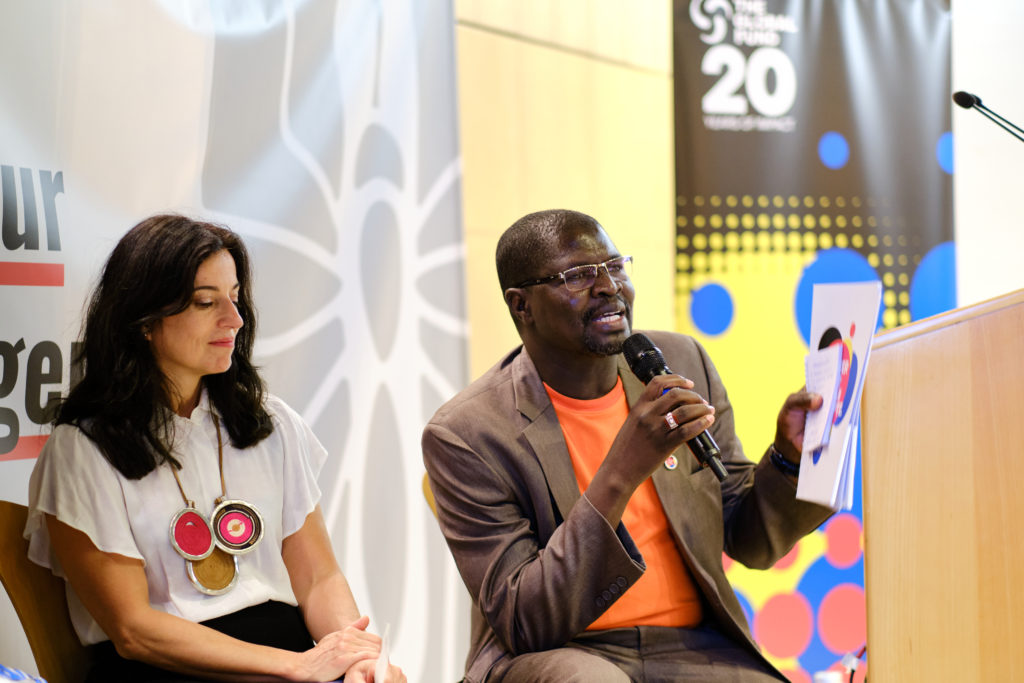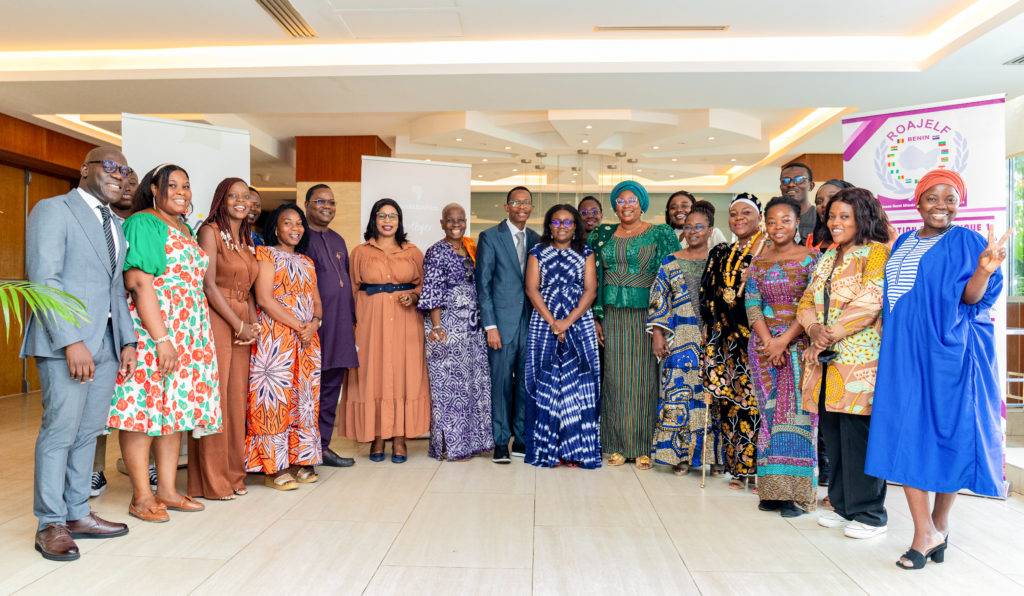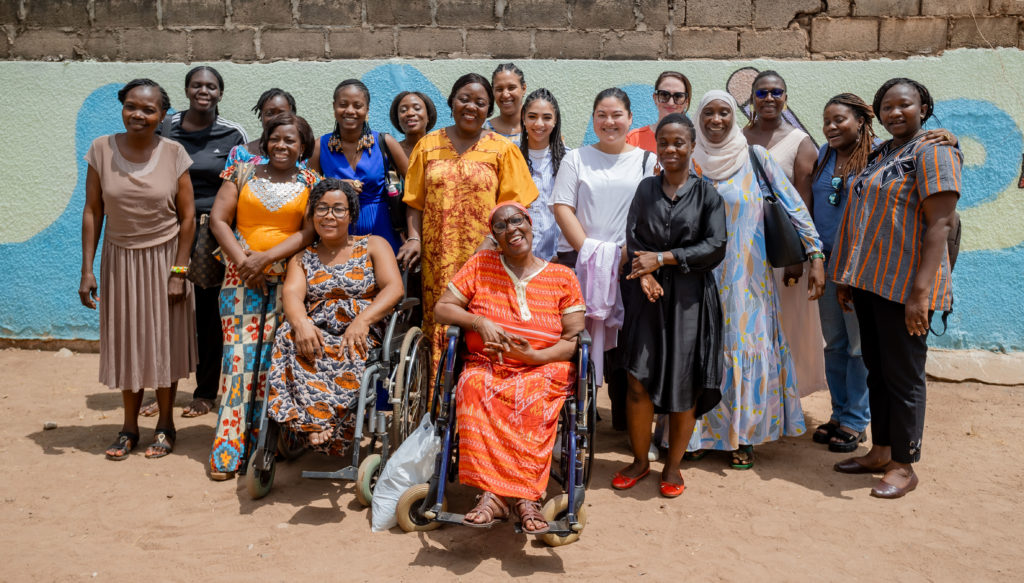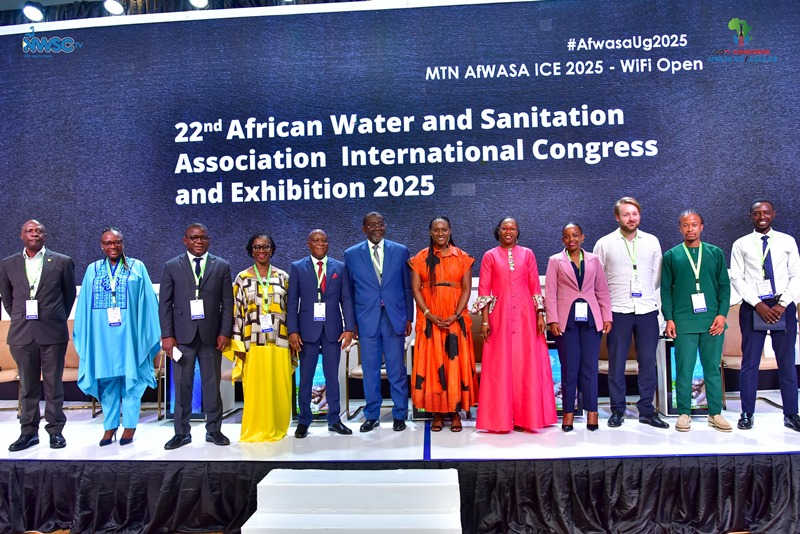Global Fund Replenishment: a few days before the conference, African Diasporas call on France to take strong action against malaria and to deliver a full replenishment of the Global Fund

The Seventh Conference to Replenish the Global Fund to Fight AIDS, Tuberculosis and Malaria, to be held next week in New York, is crucial for African communities across the continent as well as the diasporas, who are calling on France to strengthen its support for the Global Fund to save an additional 20 million lives by 2026 and advance the fight against the three epidemics.
Paris, 14 September 2022 – Following mobilisation events in Berlin and London, on September 13, Paris City Hall was the scene for multiple voices to demand the full replenishment of the Global Fund. African diasporas in France have joined African communities and civil society organisations in raising awareness among French leaders of the urgent need to step up the fight against malaria. The meeting brought together elected officials, African community leaders and personalities from the African arts, culture and sports world, alongside the event’s co-organisers, the Global Fund to Fight AIDS, Tuberculosis and Malaria, The RBM Partnership to End Malaria, Esprit d’Ebène, Speak Up Africa, and Paris City Hall, as well as the event’s partners: Global Health Advocates, ONE, Elus Locaux contre le SIDA, Impact Santé Afrique and Friends of the Global Fund Europe. They shared the same goal, namely to send a strong message to the French government – France is the largest European donor to the Global Fund and the second largest global donor- and to world leaders to replenish the Global Fund to a minimum of $18 billion, in order to save an additional 20 million lives from malaria, HIV/AIDS, and TB.
The Replenishment Conference: a crucial moment to help fund the fight against malaria
Infectious diseases have a disproportionate impact on the most vulnerable communities, and require constant and ambitious commitment. While attention has recently been focused on the COVID-19 pandemic, other diseases such as malaria, HIV/AIDS and tuberculosis continue to take their toll. They have a devastating impact, and prevent millions of people – the majority living in poverty – from accessing jobs, healthcare and education.
The COVID-19 pandemic has had a devastating impact on the fight against these diseases. Malaria is at a turning point: for the first time in decades, the number of malaria deaths has risen again with an additional 69,000 deaths, bringing the total number of deaths to 627,000 in 2020. The impact of stagnant funding, humanitarian emergencies, as well as the growing threat of drug and insecticide resistance, has impacted on our ability to make progress.
However, these diseases are not inevitable and it is possible to mobilise to put an end to them and achieve the United Nations’ Sustainable Development Goals. A fully resourced Global Fund is essential to ending malaria, advancing health equity and building resilient health systems.
Since 2002, the Global Fund has saved more than 50 million lives, reduced the burden of HIV/AIDS, malaria and tuberculosis by more than half and strengthened health systems in the world’s most vulnerable communities. This includes 10.6 million lives saved from malaria and 1.7 billion cases of malaria averted, representing one of the greatest health success stories of this century.
The full replenishment of the Global Fund is critical to scaling up the fight against AIDS, TB and malaria over the next three years. If France and other donors fully renew their support, we can end all three epidemics by 2030.
Francoise Vanni, Head of External Relations and Communications, Global Fund
Despite progress to date, 627,000 people have died from malaria – almost all of them on the African continent. This represents an increase of 69,000 malaria deaths from the previous year. Tragically, today malaria kills a child every minute. Malaria takes a toll on our families, our communities and our economies. More than 300 million people living in Francophone countries are at risk of malaria, with 5 of the eleven countries most affected by malaria in Francophone Africa.
France has always shown remarkable leadership and solidarity in financing health and has again provided a fine example in the 2019 Global Fund replenishment by providing $14 billion to fight these three diseases. World leaders must now unite to do the right thing again by stepping up these commitments and investing at least $18 billion to end the HIV/AIDS, TB and malaria epidemics.
Dr Corine Karema, Acting Director of the RBM Partnership to End Malaria
96% of malaria deaths occur in Africa; women are the most affected by the disease, with children and pregnant women at greatest risk. This is a cause for alarm. We need policies designed and based on women’s experience, and more funding to support our participation in decision-making processes.
Fatimata Sy, Executive Secretary of the Senegalese Association of Women and Children’s Futures and recipient of the Voix EssentiELLES Fund in Senegal
As young people, we are concerned about the security of our future, and diseases such as malaria, HIV/AIDS and tuberculosis continue to take their toll on our communities. With 70 per cent of Africans not yet 30 years old, we have the capacity and power to push world leaders to meet their goals and eliminate these diseases.
Farida Tiemtore, President of Les Héroines du Faso and recipient of the Voix EssentiELLES Fund in Burkina Faso
The effects of malaria, HIV/AIDS and tuberculosis particularly affect vulnerable populations in our African communities, and the COVID-19 pandemic has significantly slowed our collective progress towards eliminating these diseases. The stakes are extremely high, which is why we must all work to mobilise additional resources at national and global level to end these preventable and treatable diseases by 2030. Now is the time for concrete commitments on a larger scale.
Aké Natondé, Member of the Benin National Assembly and President of the Education, Culture, Employment and Social Affairs Commission
Elected officials and our governments have a crucial role to play in the fight against malaria, HIV/AIDS and TB. We can eradicate them if we have the political will to do so.
Jean-Luc Romero-Michel, Deputy Mayor of Paris responsible for human rights, integration and the fight against discrimination


